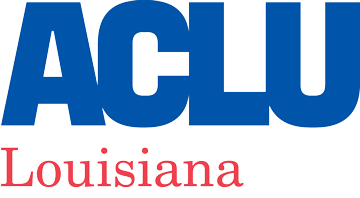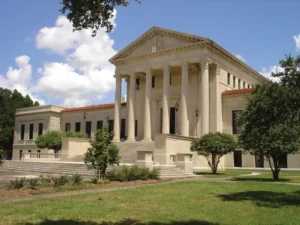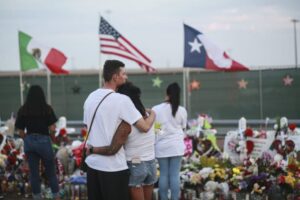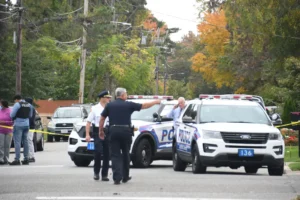Case Citation
Pourhosseinhendabad v. Trump, 1:25-cv-00987 (W.D. La. filed July 10, 2025)
Firouzabadi v. Trump, 6:25-cv-01018 (W.D. La. filed July 15, 2025)
Tags
Share
In June 2025, just one day after U.S. bombings in Iran, ICE officers used false pretenses to arrest two Iranian graduate students and send them to Louisiana’s notorious immigration detention centers. The timing and circumstances surrounding their arrest raised serious concerns of politically motivated targeting.
Pouria and Parisa are a married couple, both Ph.D. students in Louisiana. On the afternoon of June 22, 2025, two officers knocked on the door of their home. When Pouria answered, they asked him if he would be willing to come outside to show them the damage to his vehicle from a minor hit-and-run he had been a victim of a couple weeks prior. Pouria complied.
It never dawned on him that he was being lured outside on false pretenses in the absence of a judicial warrant. Outside, he and Parisa were confronted by several vans of federal agents wearing full face masks and tactical gear. The agents handcuffed them and sent them to separate detention centers in remote areas of Louisiana.
In arresting them, the federal government did not allege they had engaged in wrongdoing. Instead, mere hours after the bombing of Iran, the United States government had begun hunting for Iranians on its own soil. As the Department of Homeland Security would later announce in a June 24, 2025, press release, the decision to round up Iranians living in the United States in the days following the bombing of Iran was part of a “commitment to keeping known and suspected terrorists out of American communities.”
What is the legal argument in these cases?
These cases challenge the crackdown on international students under the Trump administration, where federal officials use students’ non-citizen status to justify violations of constitutional protections of freedom of speech and against arbitrary surveillance and arrests. Under the federal government’s theory, it has carte blanche to violate constitutional limits on government power so long as its victims are non-citizens.
The arrests and detention of Pouria and Parisa violated the U.S Constitution’s Due Process Clause for failure to comply with established immigration procedures; the Equal Protection Clause because they were based on discrimination due to national origin; and the Fourth Amendment’s protection against unreasonable seizure because officers used an unjustified ruse to bypass requirements to obtain a search or arrest warrants, pretending to respond to a hit-and-run the couple reported previously to lure them from their house so that ICE could arrest them.
What is the status of this case?
Both Pouria and Parisa were released from detention following the filing of their habeas corpus petitions and mounting outrage and public outcry. The cases were then voluntarily dismissed.
July 15, 2025
July 10, 2025
Case Partners
-

ACLU of Louisiana
Since 1956, the ACLU of Louisiana has worked to advance and preserve the individual rights and liberties guaranteed by the Constitution and laws of the United States and the State of Louisiana.





